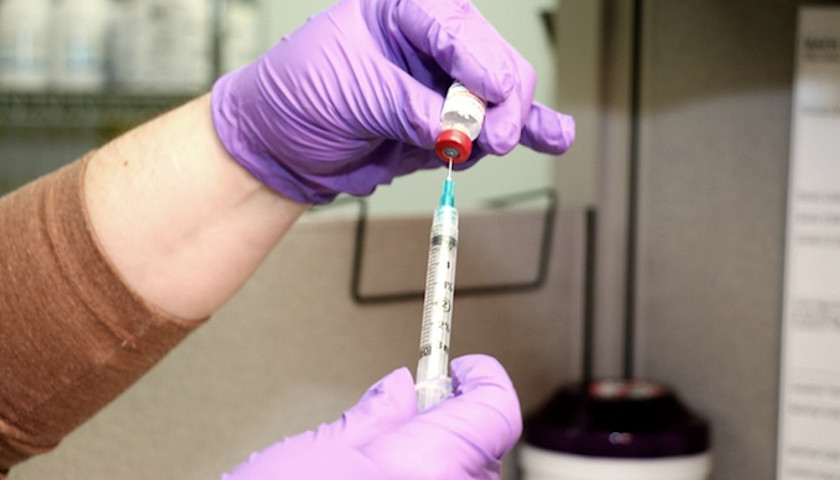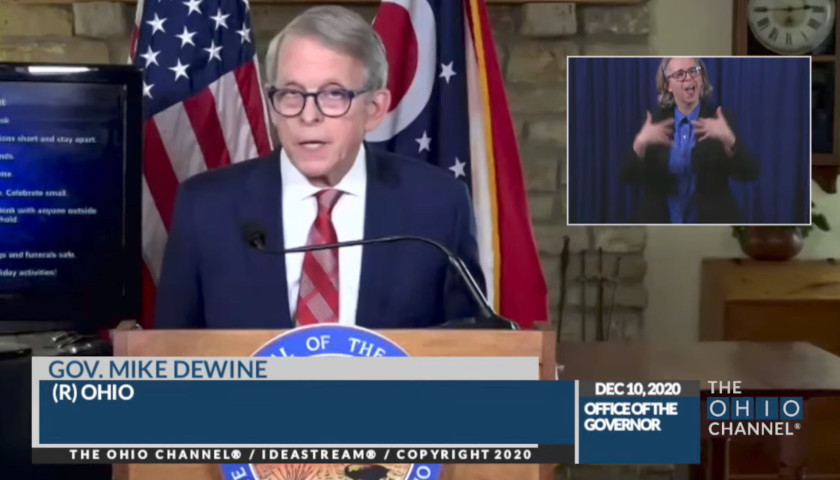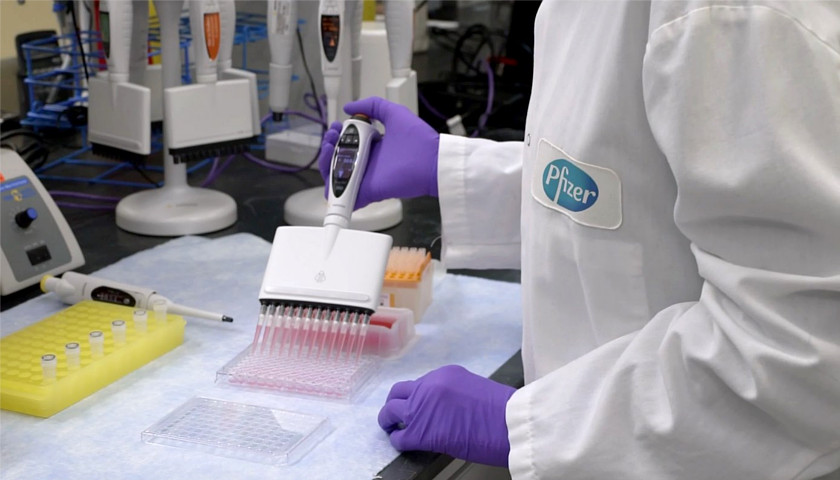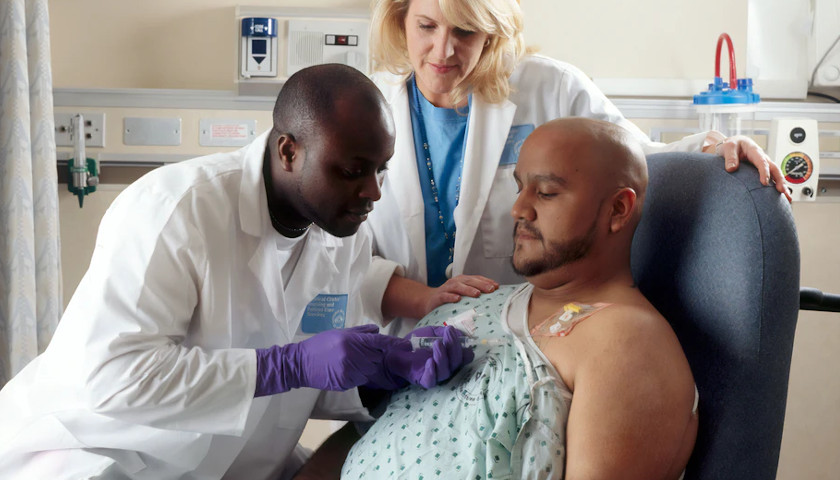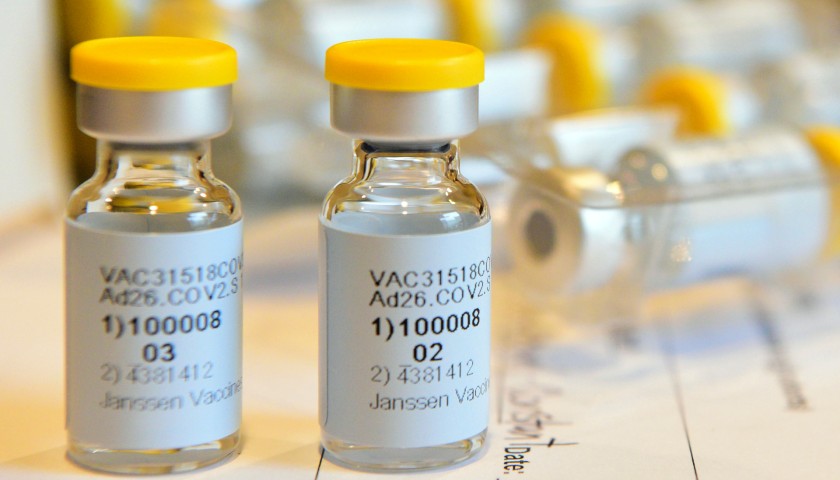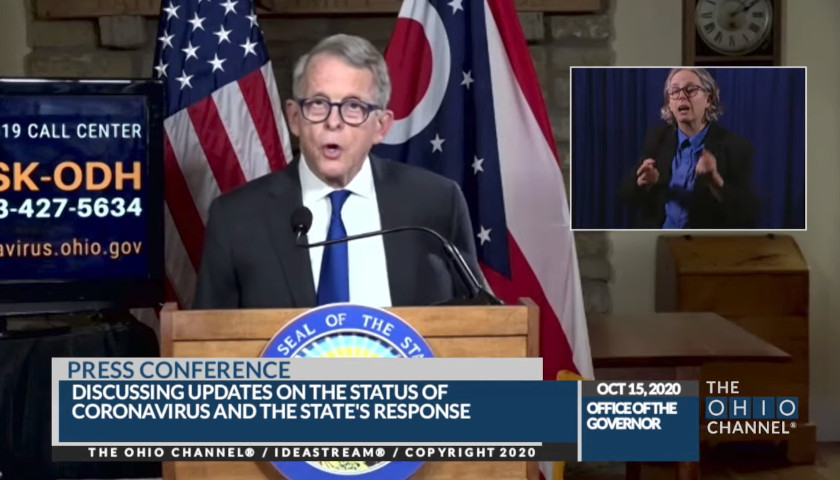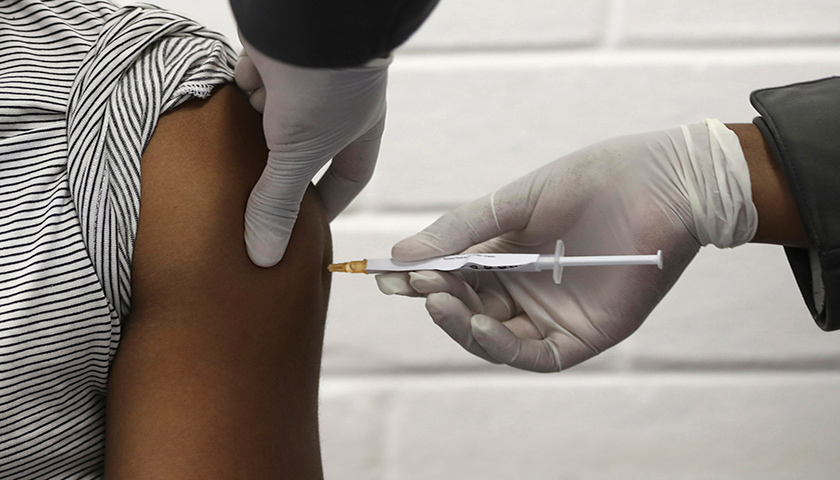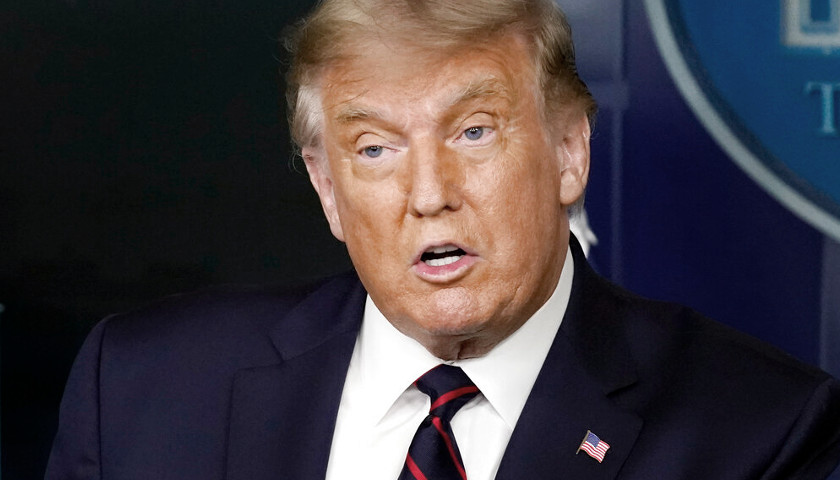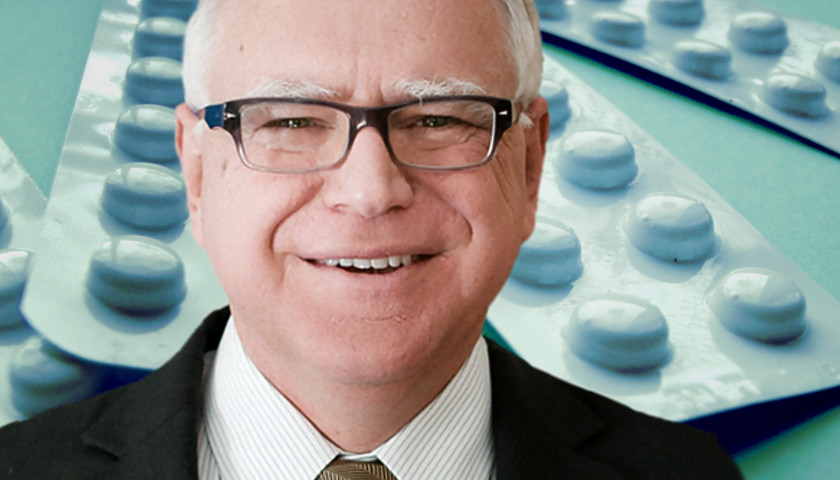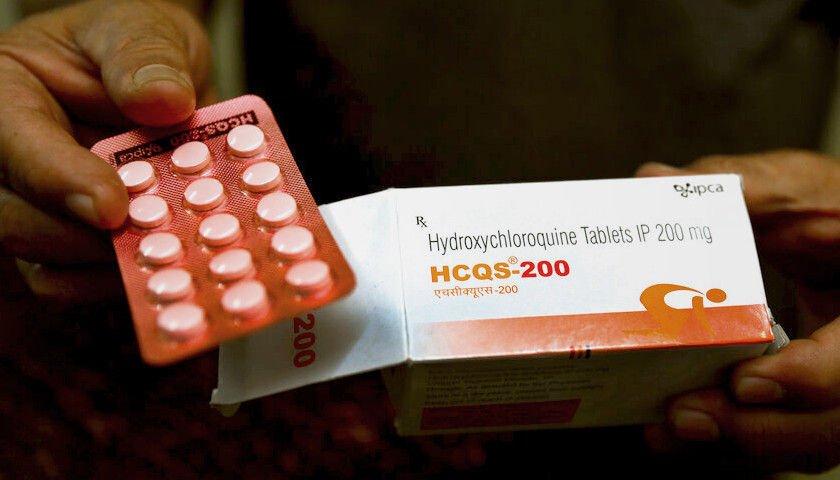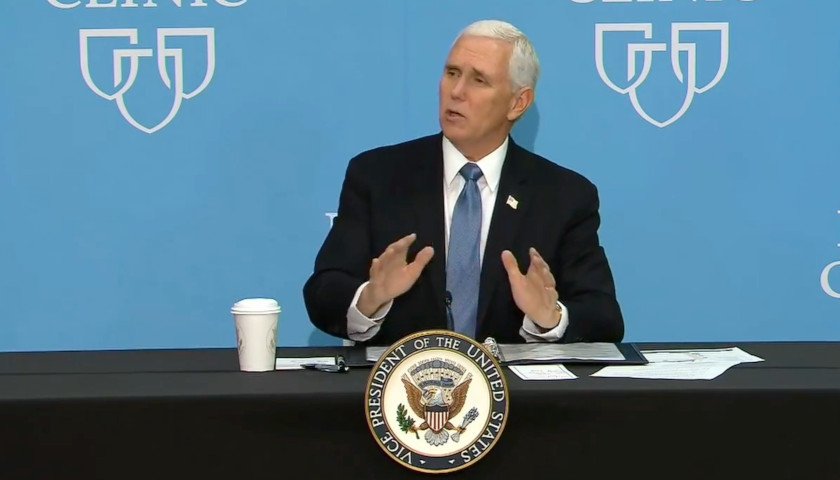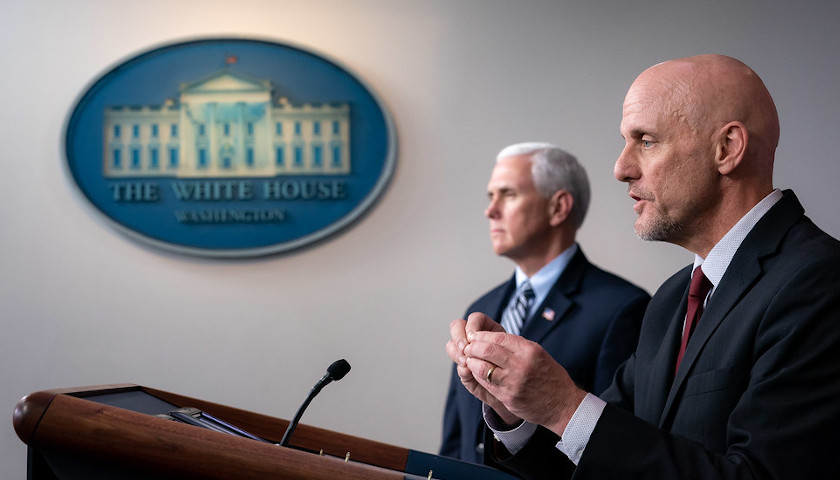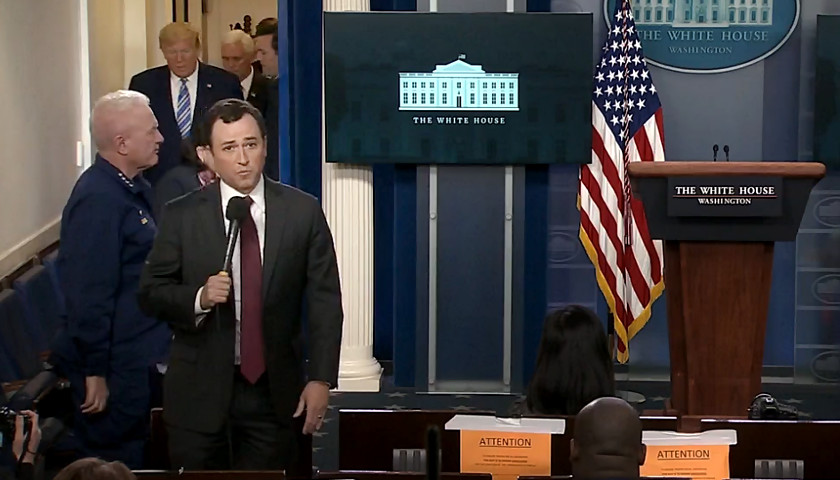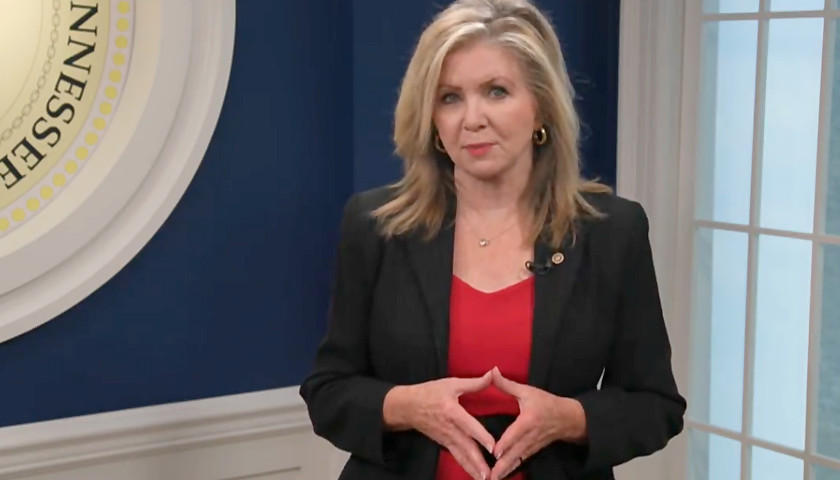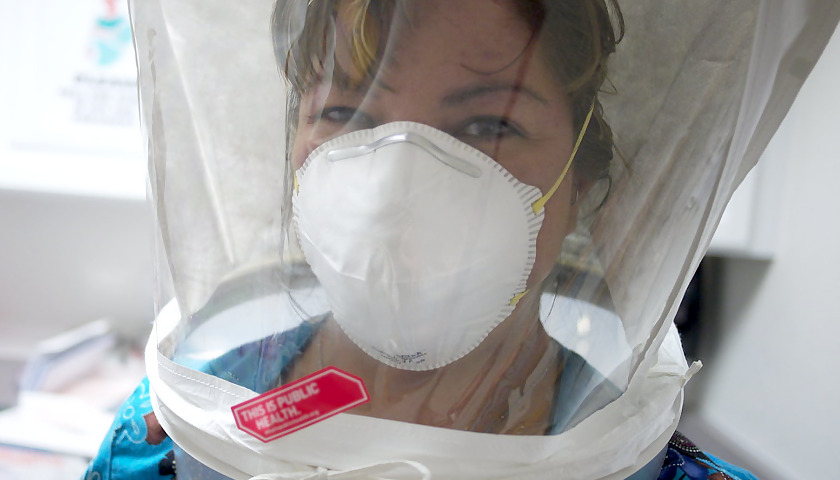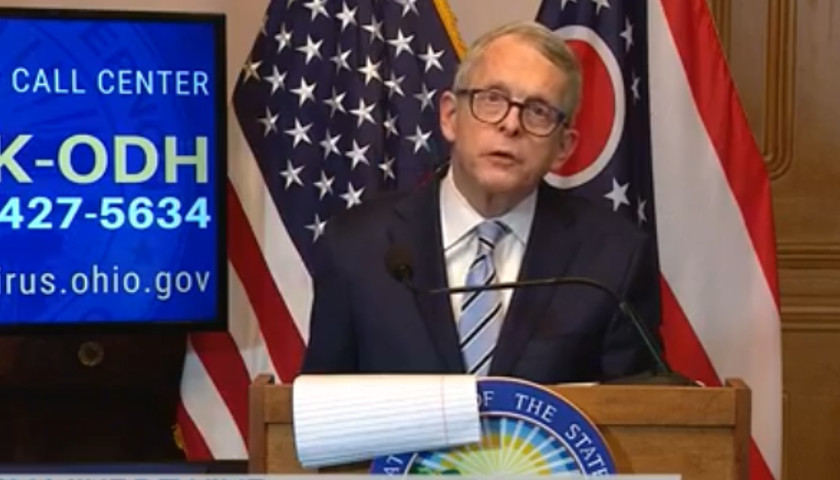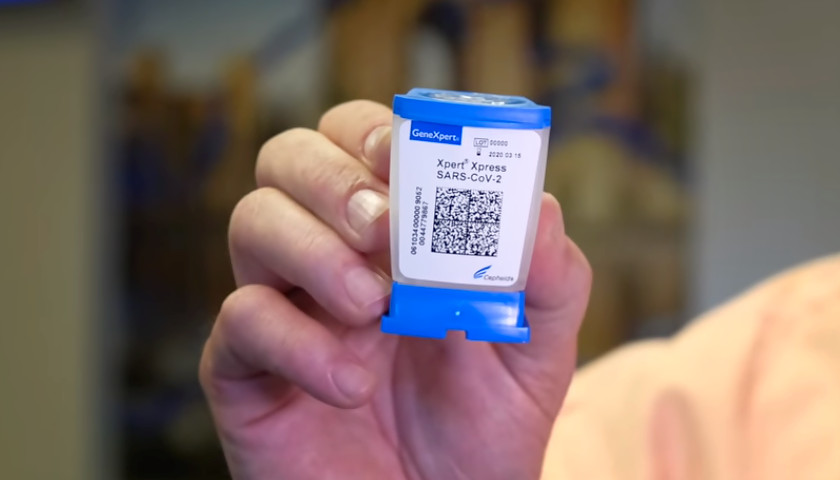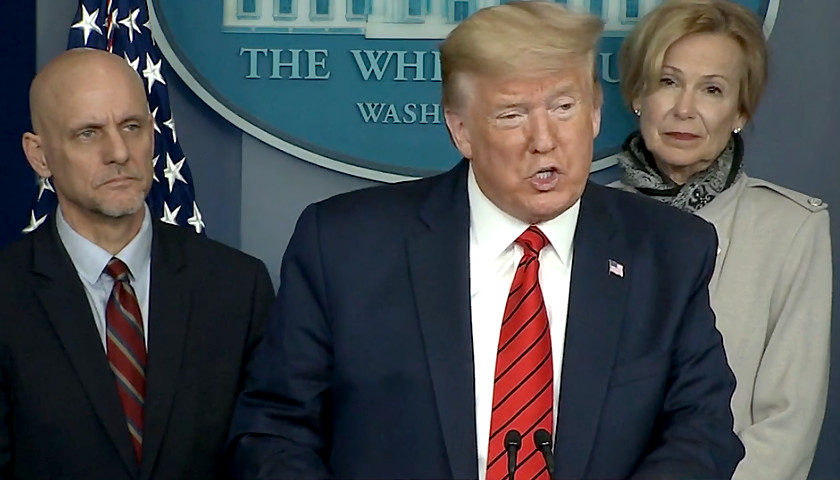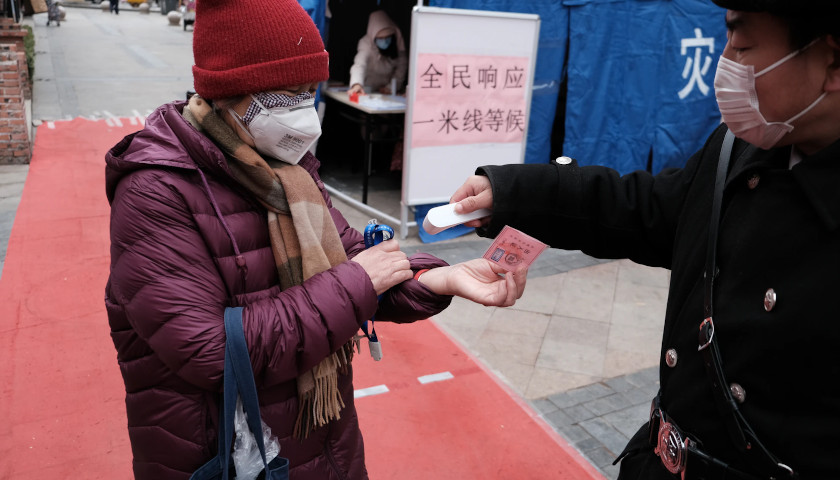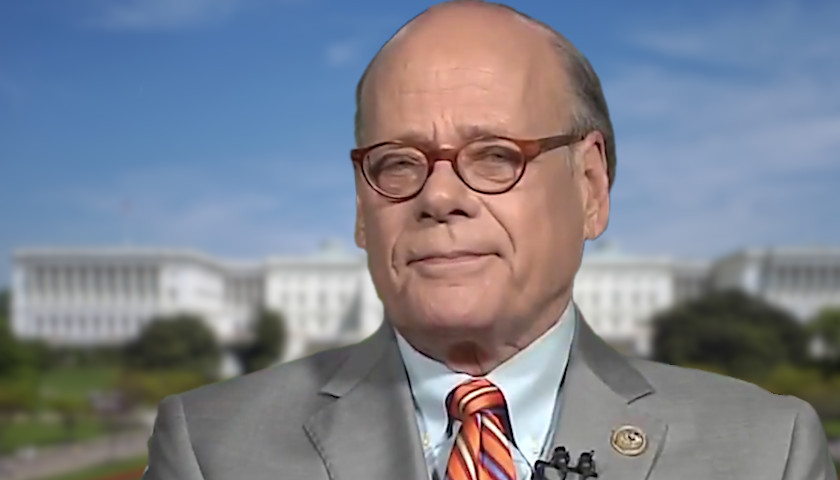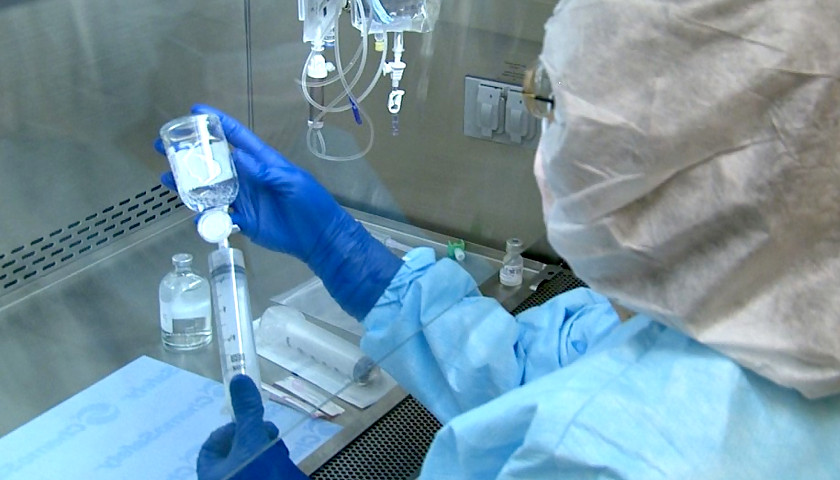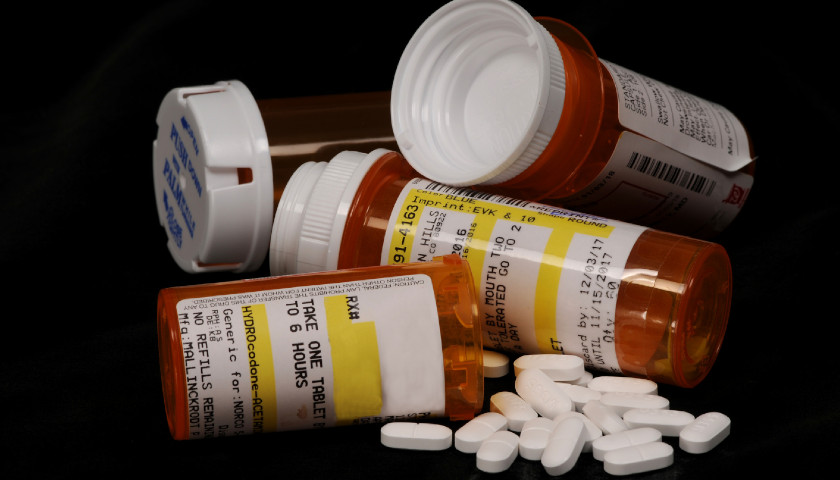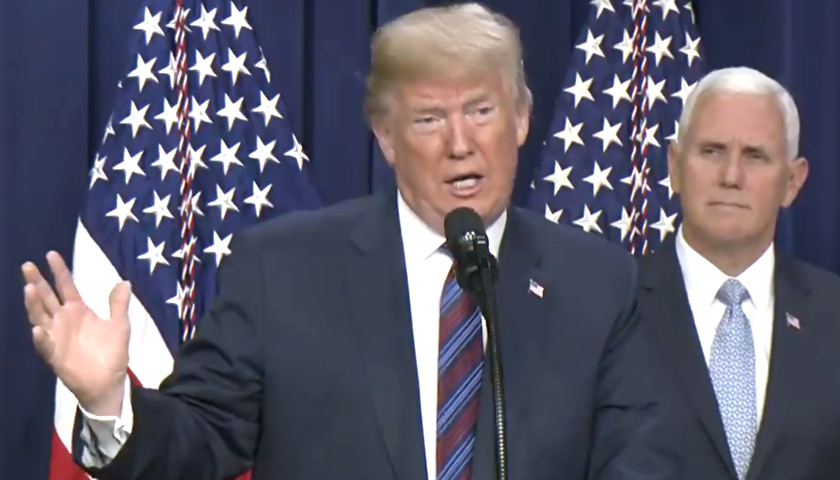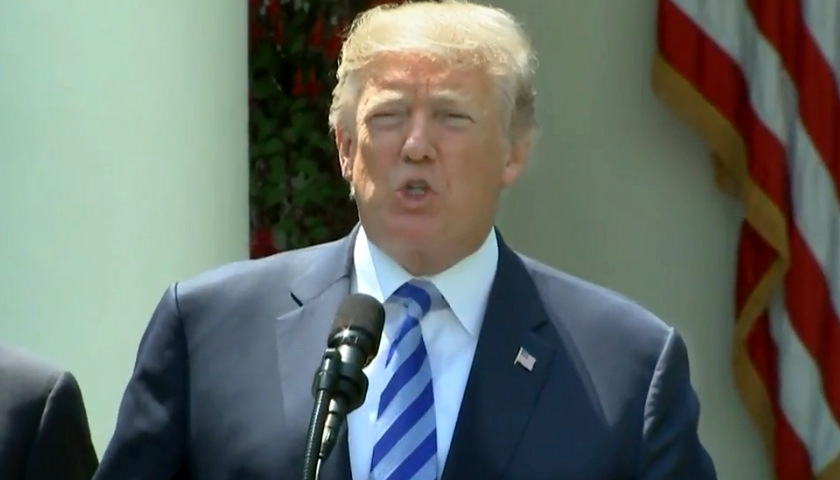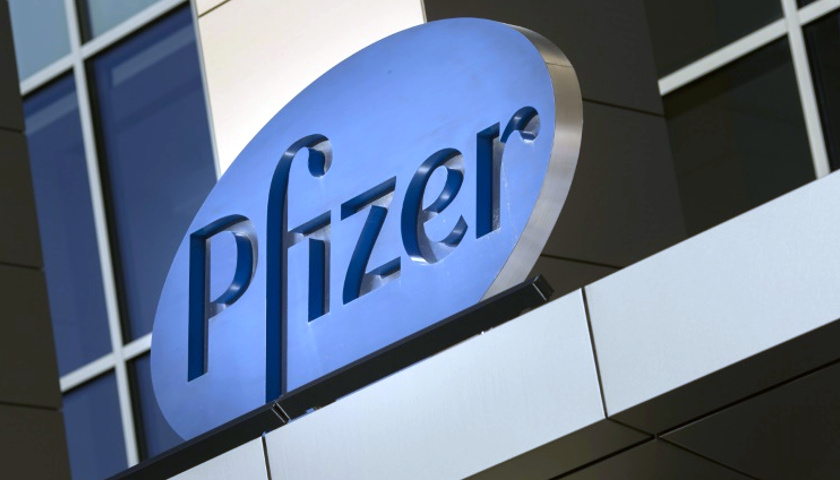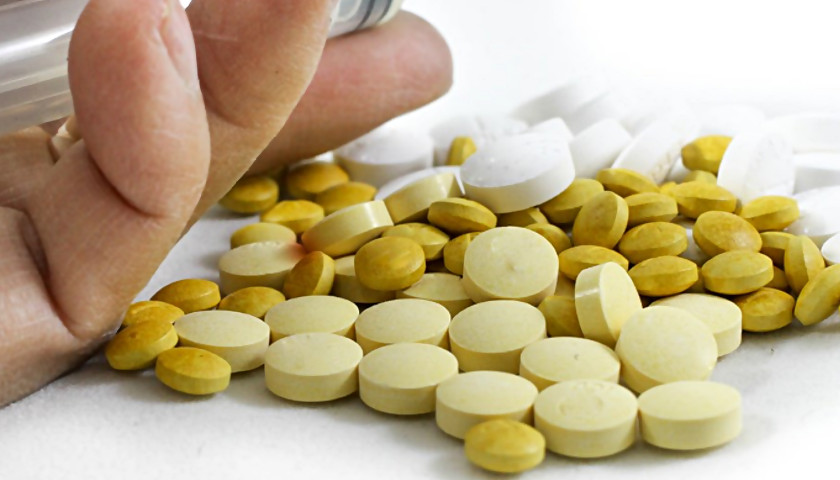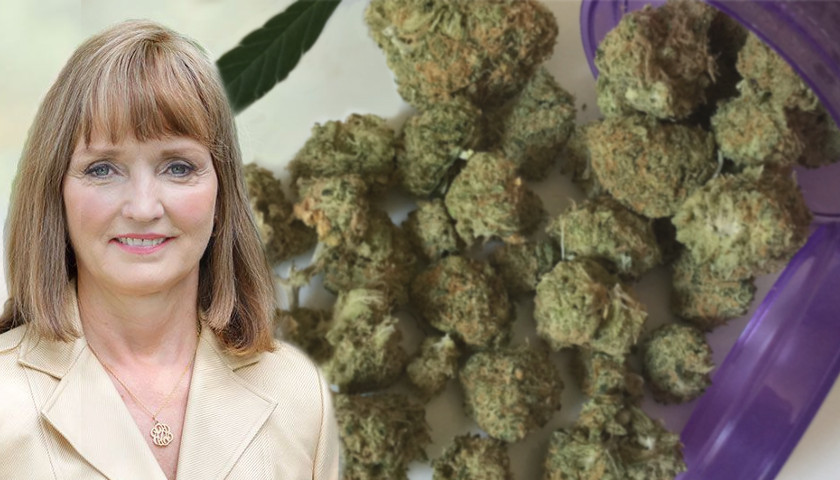As the Ohio Senate considers legalizing hemp and hemp byproducts in the Buckeye State, the Ohio Department of Health, along with the Food and Drug Administration (FDA), is simultaneously cracking down on any form of sale of the substance. Currently, hemp is trapped in a complicated legal limbo and while state legalization will alleviate many of the issues, the future is still opaque for the controversial drug. On February 20th, Senate Bill 57 (SB 57) was officially introduced. The bill would not simply legalize the sale of hemp and hemp related products, but also legalize: Possess, buy, or sell hemp or a hemp product; Process hemp into a hemp product, including by the addition of one or more cannabinoids derived from hemp,including cannabidiol, to a product to produce a hemp product; Conduct agricultural, academic, or any other research involving hemp or hemp products. Notwithstanding any other provision of the Revised Code to the contrary, the addition of hemp or cannabinoids derived from hemp, including cannabidiol, to any product does not adulterate that product. The specific types of products include: …any product made with hemp, including cosmetics, personal care products, dietary supplements or food intended for animal or human consumption, cloth, cordage, fiber, fuel, paint, paper, particleboard, and any product…
Read the full story

